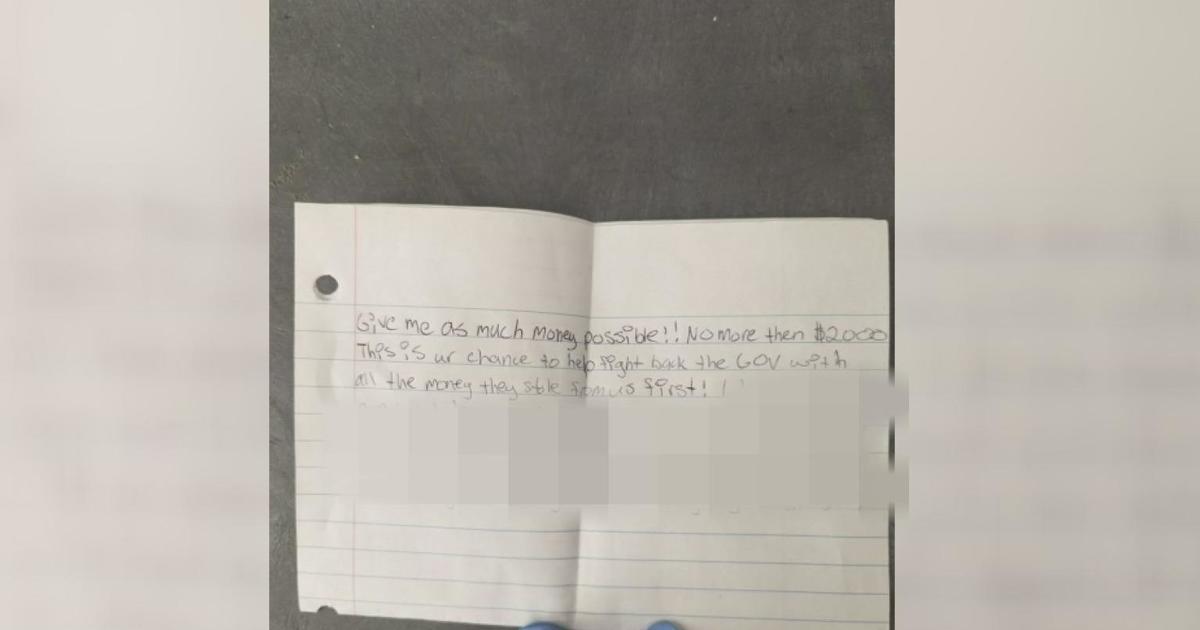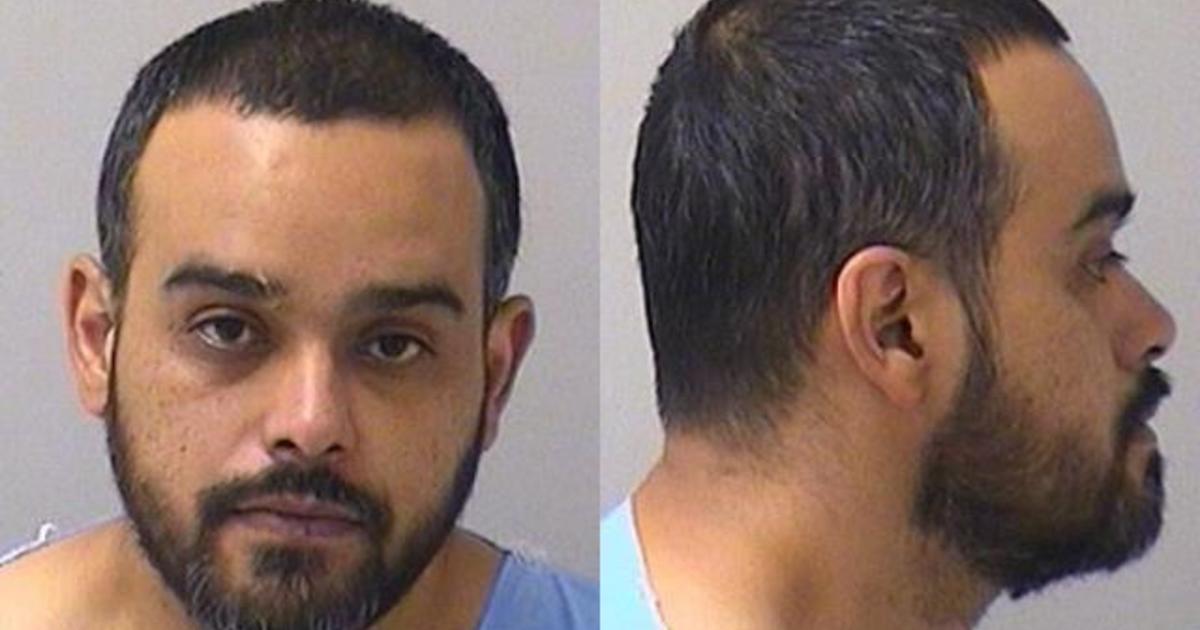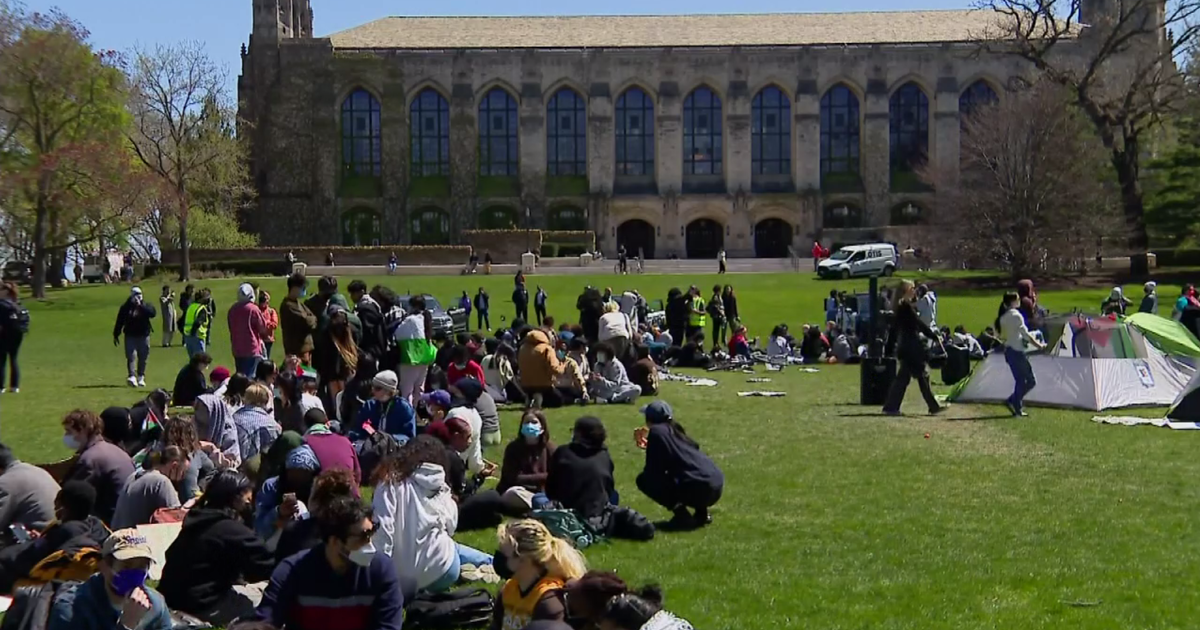4 Defendants In ComEd Bribery Case Seek To Dismiss Bribery Charges, Say Indictment 'Fails To Allege Any Quid Pro Quo'
CHICAGO (CBS) -- Defense attorneys for four former ComEd executives and consultants with close ties to former Illinois House Speaker Michael Madigan are seeking to dismiss some of the federal charges filed against them last year, arguing the bribery indictment against them "fails to allege any quid pro quo."
Former ComEd lobbyist and Madigan confidant Michael McClain, former ComEd CEO Anne Pramaggiore, former ComEd vice president and later lobbyist John Hooker, and former ComEd consultant Jay Doherty are asking a federal judge to dismiss four bribery counts from the nine-count indictment filed against them last year. They are also seeking to partially dismiss a conspiracy count in the indictment.
The four are accused of seeking to curry favor with Madigan by arranging for jobs, contracts, and money for his associates and allies, in hopes of gaining his support in advancing legislation benefiting the utility. The indictment does not specifically name Madigan, referring to him only as "Public Official A," who it identifies as the Illinois Speaker of the House at the time. Madigan has not been charged and has denied any wrongdoing, but has since retired altogether from the Illinois House.
In their motion to dismiss, the defendants in the case accuse federal prosecutors of seeking to "criminalize conduct that has long been legal and that is utterly routine—hiring someone at the recommendation and request of a public official."
[scribd id=510208532 key=key-kPgprQlDyjl4qQiC9KgM mode=scroll]
The motion claims the indictment does not outline "any quid pro quo," which defense attorneys argue is necessary to uphold the bribery charges.
"The indictment loosely strings together an assortment of events over a ten-year period of time—largely hiring decisions made by ComEd made at the recommendation of Public Official A—and alleges that, because such recommendations were made in the same decade that legislation affecting ComEd was passed, a crime must have been committed. But the indictment fails to allege any connection between these hiring decisions and any agreement or understanding with Public Official A that he would take (or refrain from) any action on ComEd's behalf in exchange for the things of value Defendants allegedly provided," attorneys wrote.
Further, the defense team argued that accepting federal prosecutors' stance that an explicit quid pro quo is not necessary to uphold the bribery charges "would put huge numbers of American citizens at risk of prosecution for their ordinary participation in the political process."
"These gaps are fatal to the indictment because giving things of value to public officials can be perfectly legal. The Supreme Court has unanimously held that it is not a crime to give something to a public official 'to build a reservoir of goodwill that might ultimately affect one or more of a multitude of unspecified acts, now and in the future,'" defense attorneys wrote.
The attorneys argued that allowing the bribery charges to stand without an explicit quid pro quo "would provide the government essentially unlimited discretion to prosecute anyone who has provided a benefit to a public official, and convict them on evidence that the public official took some official act that the defendant favored, without ever proving that the official's actions were taken in exchange for the benefit provided, or even that the defendant understood or expected that the benefit would influence the official's actions."
"Such unfettered discretion is an open invitation for arbitrary and discriminatory enforcement. It surely cannot be the case that public officials commit a crime each time they make a job recommendation, nor can it be a crime each time a company accepts such a recommendation," defense attorneys added.
The motion to dismiss includes a footnote that pointed to President Abraham Lincoln's attempt to get the U.S. Trust to hire George Bayard, the nephew of slain Union General George Dashiell Bayard, in 1863.
"Even Abraham Lincoln, renowned for his honesty, made job recommendations while serving as President. On May 12, 1863, he wrote to U.S. Trust Corporation asking it to hire the nephew of a Union Army general killed in battle, and saying that if the bank hired him, Lincoln would 'be very glad indeed,'" defense attorneys wrote.



